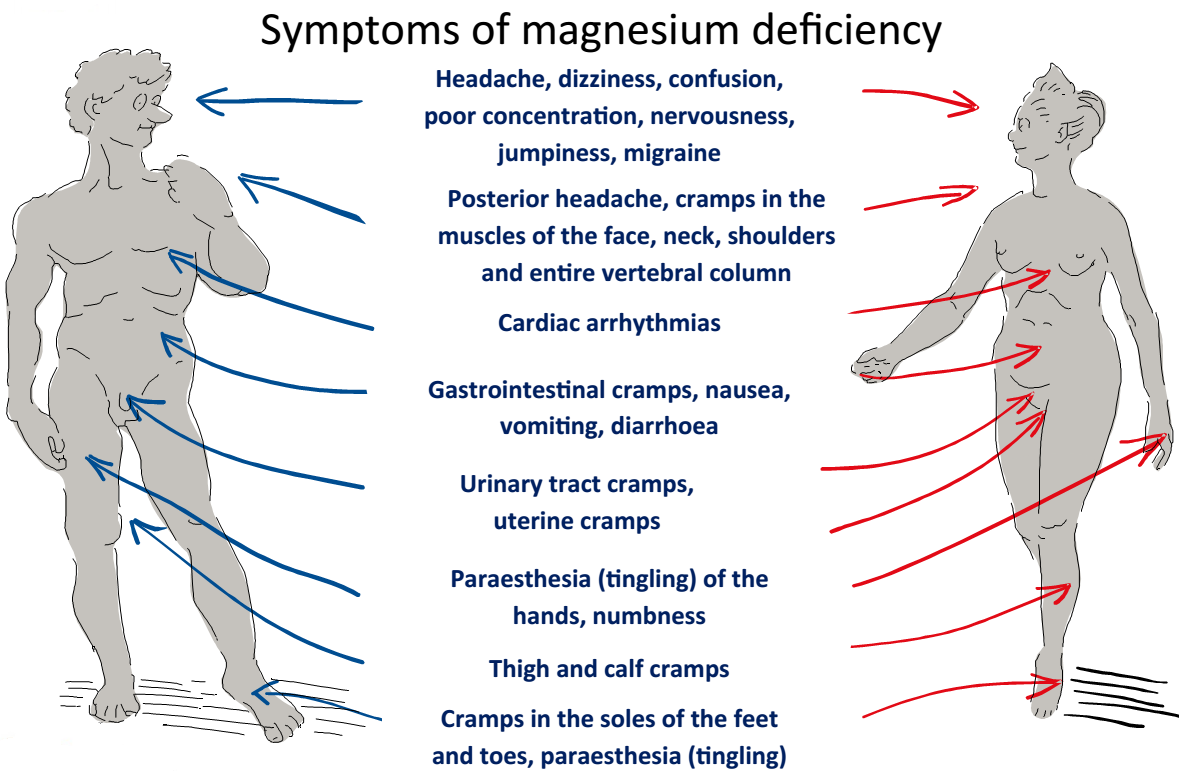Magnesium (Mg) is an essential mineral which influences many areas of your health and how your body functions. Recent research highlights its role in Poly Cystic Ovarian Syndrome (PCOS) and insulin regulation.
Due to the definitive known effect of magnesium on insulin resistance and the fact that insulin resistance is a main aetiology in polycystic ovary syndrome (PCOS), it is assumed the use of magnesium supplements can improve insulin resistance, lipid profiles, and glucose and thus may also play a role in improving the clinical condition of patients with PCOS.
A 2023 study (Shahmoradi, et al.) assessed the effects of magnesium supplements on anthropometric, clinical, and metabolic parameters in women suffering from PCOS, in a triple-blind randomised clinical trial study. Women aged 15–35 years were randomly assigned to receive a magnesium supplement (250 mg/day for 2 months) or placebo. A significant reduction in the serum insulin level and insulin resistance was observed in the treatment group. Prescribing magnesium supplements also lead to lowering total cholesterol, low-density lipoprotein, and fasting blood sugar along with increasing the level of high-density lipoprotein.
The use of magnesium supplements in patients with PCOS, regardless of the aetiology or progression of the disease, greatly improved the metabolic status of these patients by improving insulin resistance and modulating the level of lipid profile.
Magnesium Treatment in Metabolic Syndrome
In 2021 study (Afitska, et al.), Magnesium (Mg) citrate supplementation reduced HbA1c levels and reduced blood pressure (BP) in normo-magnesemic persons with Metabolic syndrome. This randomised, double-blinded, placebo-controlled pilot study was performed to assess the effect of 400 mg Mg in the form of Mg citrate on metabolic and physiologic parameters.
Patients were randomly assigned to 400 mg Mg citrate or placebo daily for 12 weeks. Unsurprisingly, Mg supplementation led to a significant increase in plasma magnesium. Systolic and diastolic BP and HbA1c decreased significantly in the Mg group, and the difference in change between placebo and Mg group was significant. Serum vitamin D levels significantly increased only in the Mg group, highlighting the importance of Magnesium in Vitamin D status.
Always consult a qualified naturopath for assessment of your needs and quality products.
Please DO NOT self prescribe.


